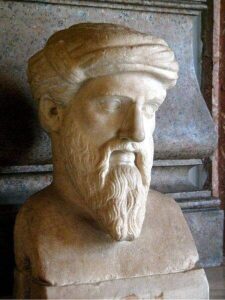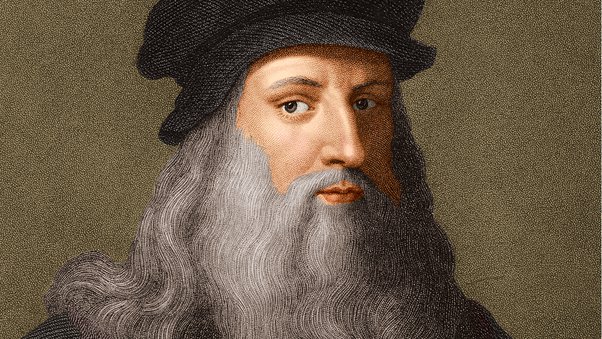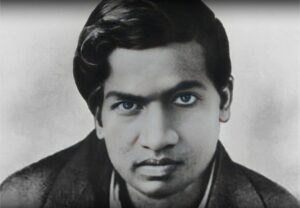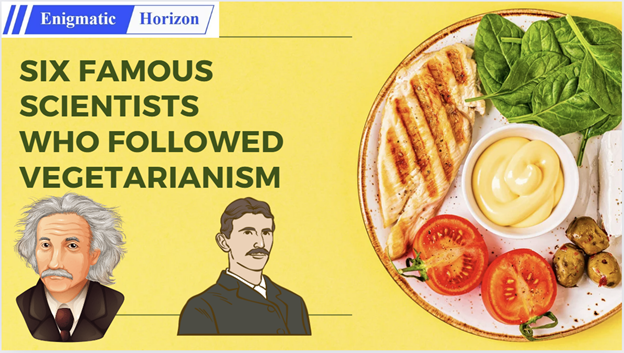Reetika Choudhury
Vegetarianism has become increasingly popular in recent years. More people are adopting plant-based diets to improve their health, protect the environment, and most importantly, for the animals. However, the idea of vegetarianism is far from new. Throughout history, many notable figures have chosen to follow a vegetarian diet. Here are some prominent scientists who embraced vegetarianism.

Pythagoras
Pythagoras, the renowned Greek philosopher and mathematician of the 6th century BC, is often hailed by many as the father of vegetarianism. His teachings and philosophies have left a lasting impact on society. For Pythagoras, adopting a vegetarian diet was essential for fostering a peaceful and harmonious world. His biographer, lamblichus, noted that Pythagoras promoted abstinence from consuming animal flesh, believing it would lead to peace. He argued that those who viewed the killing of animals as immoral and unnatural would be even more opposed to killing humans or participating in war.
Albert Einstein
Albert Einstein, one of the most influential scientists of the 20th century, is known for having revolutionized our understanding of the universe with his theory of general relativity and the iconic equation E=mc2. His contributions to physics earned him the Nobel Prize in 1921. However, Einstein’s influence extended beyond science; he was a passionate pacifist, civil rights advocate, and vegetarian. He famously remarked that “Nothing will benefit human health and increase chances for survival of life on Earth as much as the evolution to a vegetarian diet”, highlighting his belief in the profound impact of dietary choices on human well-being and the planet’s future.
Learn about Einstein’s philosophy through his quotes here.
Nikola Tesla
Nikola Tesla, a Serbian- American inventor and engineer, secured around 300 patents throughout his lifetime. He is best known for his pivotal role in developing the modern alternating current (AC) electricity supply system. Tesla was also a committed vegetarian, driven by both health and ethical considerations. He believed strongly in the moral implications o dietary choices, stating, “Every effort should be made to stop the wanton, cruel slaughter of animals, which must be destructive to our morals.” He clearly emphasized the ethical responsibility to prevent the unnecessary and brutal killing of animals. For Tesla, abstaining from meat was not only a matter of personal health but also a crucial step toward fostering a more humane and ethical society.
Read more about Tesla in detail here.
Leonardo da Vinci

Leonardo da Vinci is one of the most renowned artists in history, celebrated for masterpieces like the Mona Lisa and the Last supper. He was also a proficient inventor, mathematician and many more. Historical records reveal that Da Vinci was also a devoted vegetarian who cared deeply about animals. He expresses his belief that, in the future, people will see the killing of animals as morally wrong, just as they see the killing of humans today. He suggests that ethical progress will lead to greater compassion and respect for all living beings.
Read more about him and his legacy here. To know more about his life philosophy, read some of his quotes.
Srinivasa Ramanujan
The Indian genius mathematician Srinivasa Ramanujan was a devout Hindu, who used to follow a strict vegetarian diet from his childhood. He passed away at an early age, but his life, work and immense contribution to mathematics have inspired numerous biographies, documentaries and even a Hollywood film titled “The Man Who Knew Infinity”. 
Benjamin Franklin
Benjamin Franklin was a Founding Father of the United States, renowned for his contributions as a statesman, inventor, writer, and diplomat. He played a pivotal role in drafting the Declaration of Independence and the U.S. Constitution and is famous for his experiments with electricity, including the invention of the lightning rod. He became a vegetarian at the age of 16 after reading Thomas Tryon’s book “The Way to Health.” He was persuaded by the ethical arguments and health benefits of a meat-free diet. Franklin credited his early vegetarianism with helping him save money, improve his concentration and develop self-discipline.
